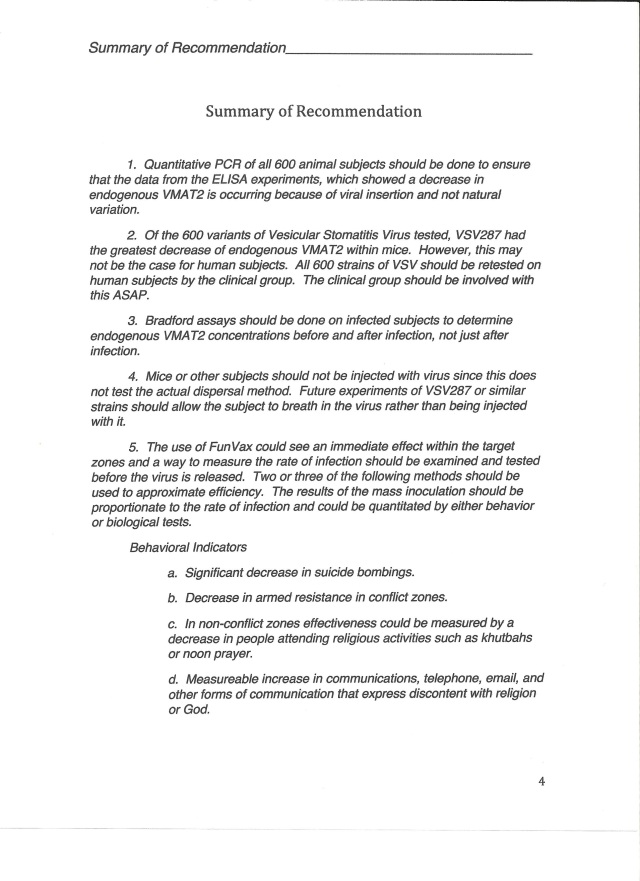Have you ever heard someone described as "born to lead?" According to
this point of view, great leaders are simply born with the necessary
internal characteristics such as charisma, confidence, intelligence, and
social skills that make them natural-born leaders.
I .Great man theories assume that the capacity for leadership is
inherent – that great leaders are born, not made. These theories often
portray great leaders as heroic, mythic and destined to rise to
leadership when needed. The term "Great Man" was used because, at the
time, leadership was thought of primarily as a male quality, especially
in terms of military leadership.
2. Trait Theories:
Similar in some ways to Great Man theories, trait theories assume
that people inherit certain qualities and traits that make them better
suited to leadership. Trait theories often identify particular
personality or behavioral characteristics shared by leaders. For
example, traits like extraversion, self-confidence, and courage are all
traits that could potentially be linked to great leaders.
If particular traits are key features of leadership, then how do we
explain people who possess those qualities but are not leaders? This
question is one of the difficulties in using trait theories to explain
leadership. There are plenty of people who possess the personality
traits associated with leadership, yet many of these people never seek
out positions of leadership.
3. Contingency Theories:
Contingency theories of leadership focus on particular variables related
to the environment that might determine which particular style of
leadership is best suited for the situation. According to this theory,
no leadership style is best in all situations. Success depends upon a
number of variables, including the leadership style, qualities of the
followers and aspects of the situation.
4. Situational Theories:
Situational theories propose that leaders choose the best course of
action based upon situational variables. Different styles of leadership
may be more appropriate for certain types of decision-making. For
example, in a situation where the leader is the most knowledgeable and
experienced member of a group, an authoritarian style might be most
appropriate. In other instances where group members are skilled experts,
a democratic style would be more effective.
5. Behavioral Theories:
Behavioral theories of leadership are based upon the belief that great
leaders are made, not born. Consider it the flip-side of the Great Man
theories. Rooted in behaviorism, this leadership theory focuses on the
actions of leaders not on mental qualities or internal states. According
to this theory, people can learn to become leaders through teaching and
observation.
6. Participative Theories:
Participative leadership theories suggest that the ideal leadership
style is one that takes the input of others into account. These leaders
encourage participation and contributions from group members and help
group members feel more relevant and committed to the decision-making
process. In participative theories, however, the leader retains the
right to allow the input of others.
7. Management Theories:
Management theories, also known as transactional theories, focus on the
role of supervision, organization and group performance. These theories
base leadership on a system of rewards and punishments. Managerial
theories are often used in business; when employees are successful, they
are rewarded; when they fail, they are reprimanded or punished. Learn
more about theories of transactional leadership.
8. Relationship Theories:
Relationship theories, also known as transformational theories, focus
upon the connections formed between leaders and followers.
Transformational leaders motivate and inspire people by helping group
members see the importance and higher good of the task. These leaders
are focused on the performance of group members, but also want each
person to fulfill his or her potential. Leaders with this style often
have high ethical and moral standards












